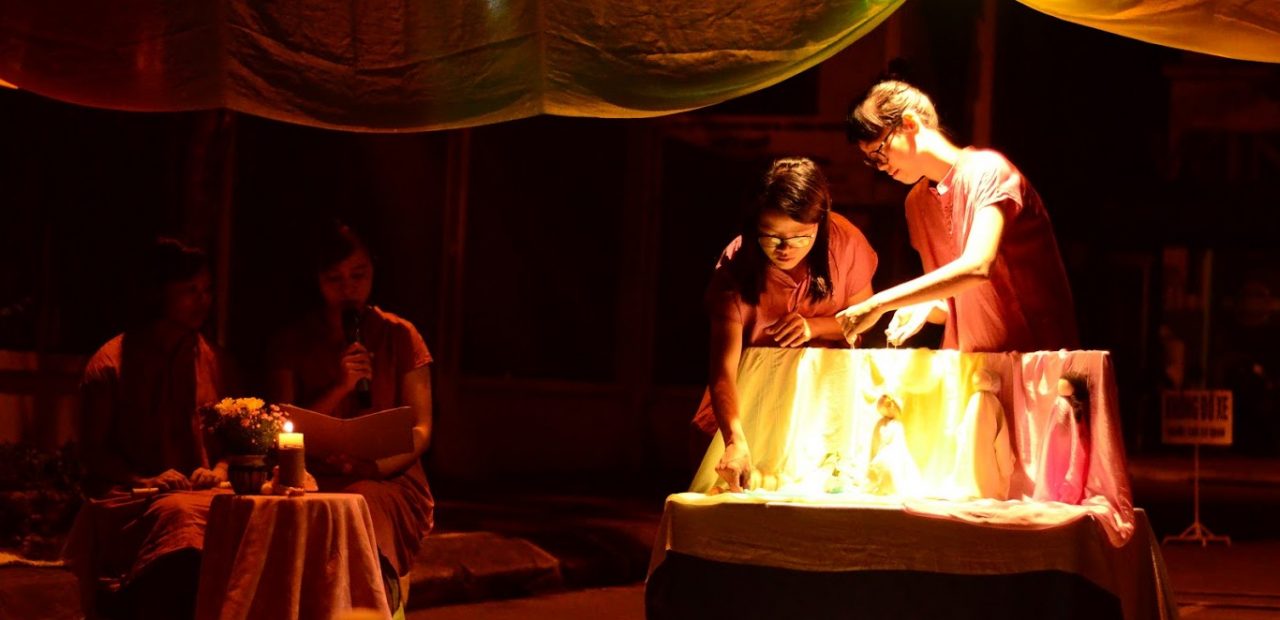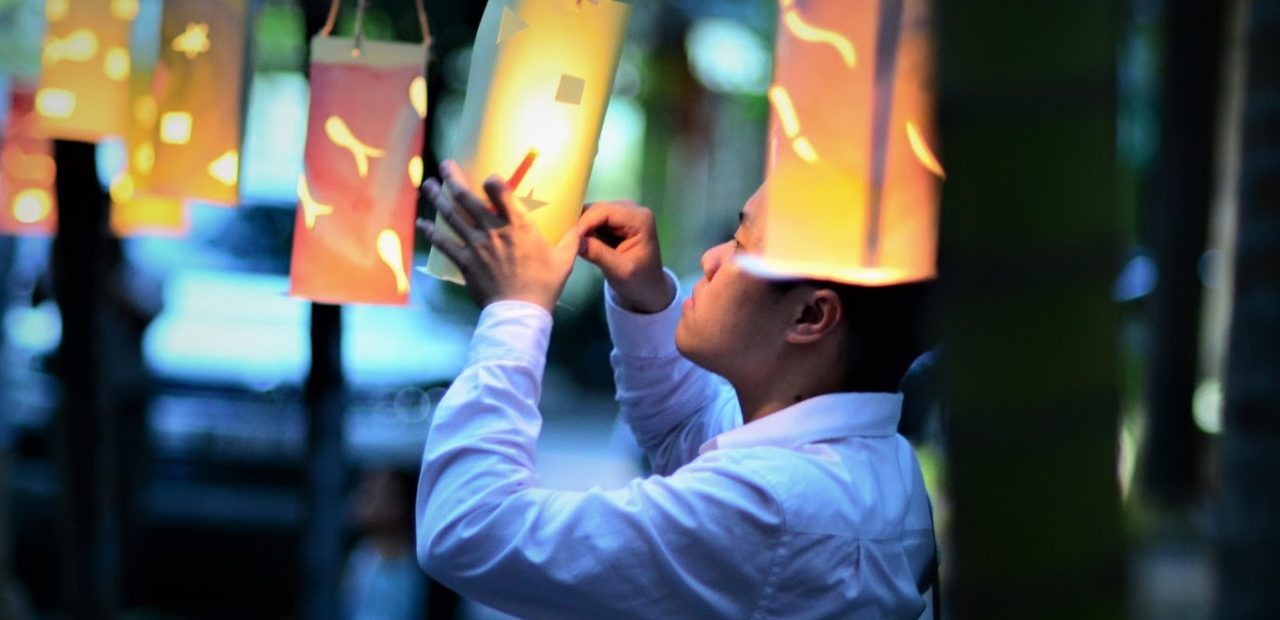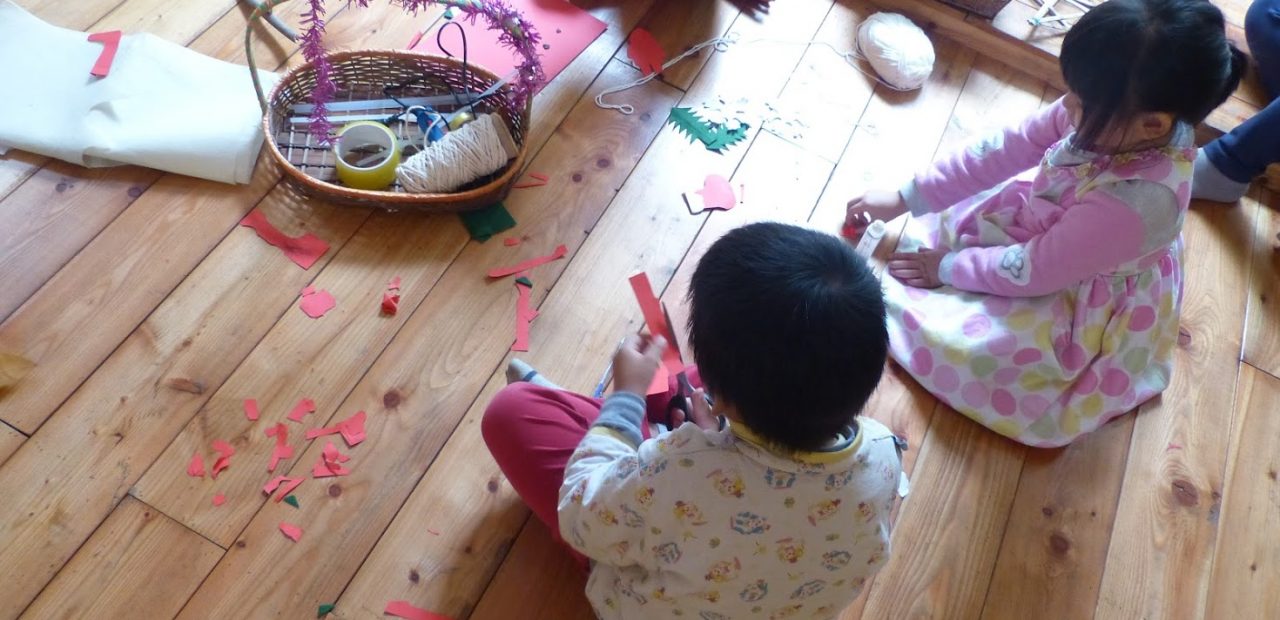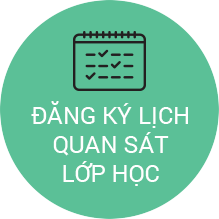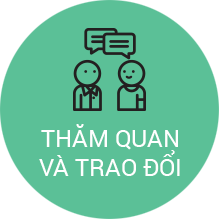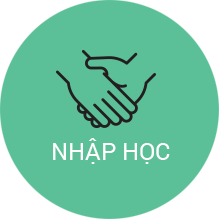
Chương trình giáo dục Waldorf - Steiner mà chúng tôi theo đuổi tập trung vào các giá trị, năng lực của những "Elite Leaders" - Những lãnh đạo tinh hoa của thế kỷ 21:
- Năng lực tự lập
- Tinh thần hợp tác, hỗ trợ cùng phát triển
- Tư duy độc lập, tự chủ
- Trực giác nhạy bén
- Năng lực sáng tạo, trí tưởng tượng phong phú
- Lối sống giản dị, trở về với Tự Nhiên, tôn trọng và bảo vệ Tự Nhiên
- Tâm hồn sâu sắc, tinh tế

small number of children
and light colors, rustic and natural
or punishment
through the lyre
with native speakers

Daily activities at school

Children naturally need and love storytelling. Storytelling at Koi is not only performed daily but also done in various artistic forms: telling stories with imaginative gestures, telling stories with puppets, ... Through listening to stories, retelling stories and other types of language arts such as singing and acting, children practice:
- Listening.
- Concentrating.
- Being sensitive to language, and
- Imagining and analyzing using language.
All of these help children build the skills of using language with subtle and rich emotions, and at the same time develop coherent thinking and rich imagination.
Children can run and play outdoors every day. Every Wednesday they go on a picnic in the school garden – this is why they are tanned and healthy.
During daily activities, children can do everything by themselves; teachers create challenges to help them gradually train fine motor skills used in embroidering, knitting, washing, so their hands become skillful and sensitive.
Children are receptive to knowledge and develop scientific thinking naturally through daily activities:
- Thinking about order and order in games with numbers and counting during baking and cooking activities.
- Classification thinking, reasoning, judgment in folk and modern games at play time in and out of the classroom.
- Subtle observations when outdoors.
- Knowledge of nature and science in gardening and knowledge about environmental protection.
At Koi, the purpose of children being exposed to foreign languages is to approach another culture, allowing the young soul to immerge in the feeling of equality among nations. Therefore, we emphasize learning foreign languages with native teachers who carry the soul of their people. Natural learning happens through activities including acting, playing in groups, singing, reading poetry, telling stories, and playing hand games, which help children love the language, and develop the ability to listen and speak naturally.
- Primary foreign language: Japanese or English (daily) with native teachers.
- Other languages: from classmates and experts visiting and working with the school.
Every day children develop their sense of beauty to refine their appreciation for art and sharpen their senses through art and craft activities:
- Painting and experiencing colors using watercolor and beeswax with natural materials.
- Learning about music through circle-time songs and listening to the lyre during storytelling time; songs are selected in accordance with the child's psychological and developmental stage.
- Simple and safe carpentry.
- Knitting, crocheting and sewing.
- Highly aesthetic school and classroom environment.
Children accumulate cultural and social knowledge through age-appropriate stories::
- Stories in daily storytelling using puppets.
- Improvised allegories used to resolve children's conflicts, or to train children to remove an inappropriate habit or behavior.
A healthy, natural and increasingly challenging educational environment helps children build their will, adventurous spirit, and subtle skills and senses:
- Physical games designed with naturally increasing challenges at each level according to age, helping children develop intuition about space and sensory balance.
- Self-directed games during creative playtime help children develop imagination and sharpen their senses.
- Activities inside and outside the classroom intended to encourage children to become more confident every day, and more curious to explore the world around them.
- Classroom environment and a garden as well as field trips designed for children to get involved in the most creative and highly exploratory games.
Given both mental and physical space (meaning adults’ intervention is minimized), every day children spend time long enough engaging in self-directed play, which brings the following effects:
- Children learn how to play together, work in teams, communicate and resolve conflicts, and develop lasting friendships and care for others.
- Children learn to take care of and protect themselves.
- Children learn about responsibility to their small community through regular clean-up hours.

Koi Kindergarten's curriculum
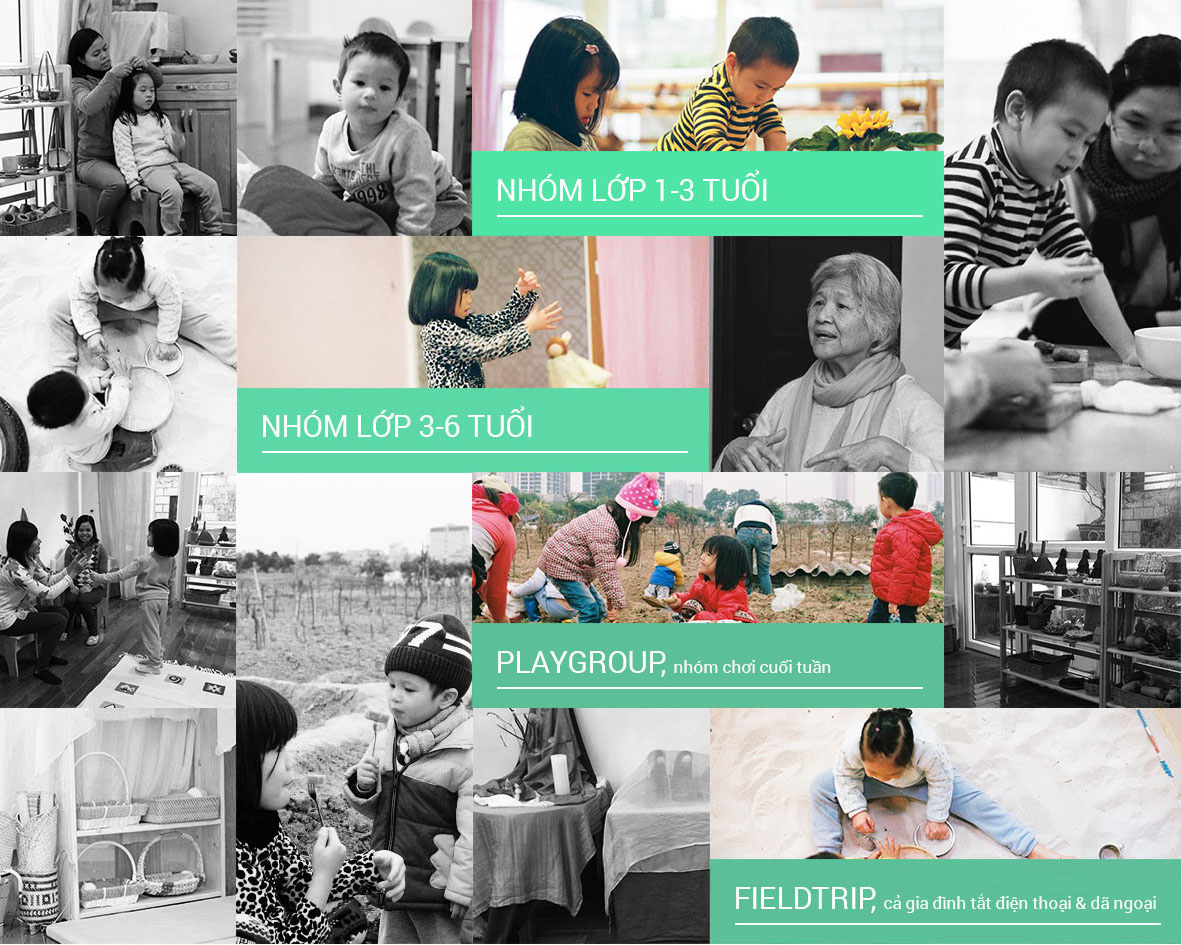

Nguyễn Thu Hương
After many experiences inside and outside the education sector with a variety of environments, I have retained for myself a clear heart, a conscious mind in order to be with children, the only and energetic source of Man.
Bùi Văn Điệp
Lã Thị Kim Oanh

